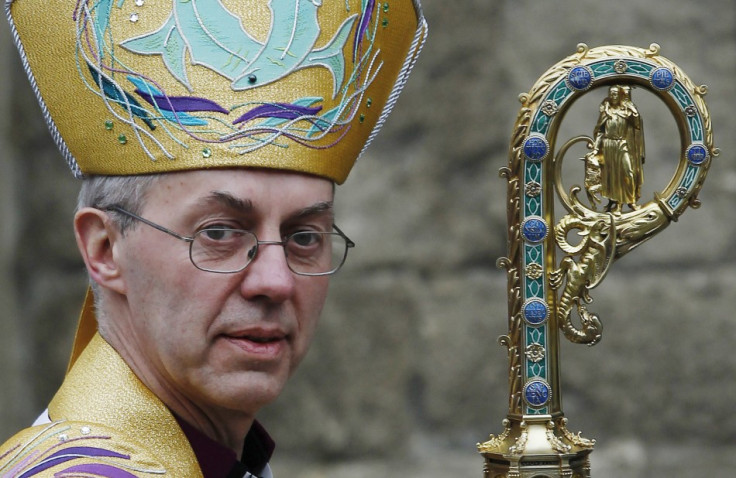Archbishop of Canterbury: Church Investment in Porn is Life in the Real World

Archbishop of Canterbury Justin Welby has been challenged on the rules that permit the Church to invest in pornography via its ethical investment advisory group.
John Humphries on Radio 4's Today Programme said: "You're against pornography and gambling... yet you're allowed to put money in to those organisations?"
Welby replied: "We are going to have to review these levels and how we do it. The reality is if you invest in hotel chains, a lot of hotels sell pornography in their rooms. Do you therefore not invest in hotel chains at all? The complexity of this is enormous."
The Church's fund can invest in a company which holds up to 25% investment in industries such as pornography, gambling and pay-day lending, as well as 10% in weapons.
The Archbishop also came under fire when it emerged that the Church of England invests some of its £5bn fortune in the controversial loan company.
The revelation came as Welby announced plans to "compete Wonga out of business" by setting up a rival loan provider in deprived areas.
Welby said: "We've got to live in the real world and that means life is very complicated and you cannot sidestep the complexity. We've also got to be involved in day-to-day life and ask 'how do you actually live in the reality of the complexity of life today?'"
He admitted that the Church's Wonga investment did not look good. "This is an embarrassment," he said.
But he insisted going in to the lending business was the right thing for the Church.
"We think payday lenders charge vastly excessive amounts. There's a totally inadequate choice for people in the area. I've seen staff have their lives destroyed by it.
"The returns on equity [for payday lenders] are so high you have to conclude there's something not quite right."
But extricating the Church from morally questionable investments was not something he could achieve by merely waving his staff, Welby said.
Investment choices are made by a panel of Church Commissioner investment managers, not the Archbishop.
"I can't go round and beat up the commissioners until they do what I want," said Welby.
Under the rules, investment decisions are guided by parameters on how much of their income firms derive from ethically questionable activities such as vice, payday lending and charging high interest rates.
"It's too high a level. We don't thinks it's a good thing," he said.
But Welby, who spent 11 years in big business as an oil executive, cast doubt on credit unions - widely touted as the antidote to the likes of Wonga.
"It's a business model we can't quite see how you can make work well. There are reasonable returns and enormous returns. But the credit union is vastly under-represented in Britain."
READ:
Church of England Searching for 'Sinful Investments' is Almost Impossible
Wonga Boss Errol Damelin Shrugs off Archbishop's Church Lender Competition
© Copyright IBTimes 2025. All rights reserved.




















